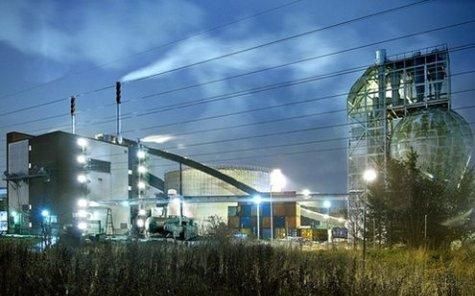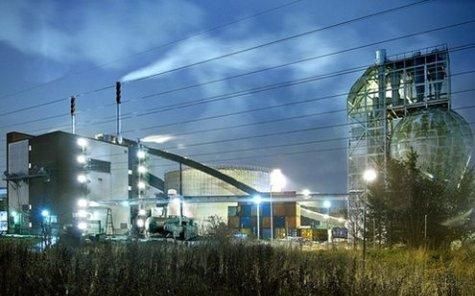Biomass demand could lead to land grab surge, says report
A rise in the global demand for cleaner energy from biomass could lead to a surge in the acquisition of land grabs in developing nations, according to a new report.


A rise in the global demand for cleaner energy from biomass could lead to a surge in the acquisition of land grabs in developing nations, according to a new report by the International Institute for Environment and Development (IIED).
In the paper released yesterday the IIED warn that, “if left unchecked, these trends could increase pressures on land access and food security in some of the world’s poorest countries and communities.”
With wood accounting for as much as 67 percent of the world’s renewable energy supplies, developed countries are using more and more to help reduce their reliance on fossil fuels and to help mitigate their respective carbon footprints. With the biomass sector growing fast, the IIED claim that domestic demand in a number of countries could be outstripped by as much as 600 percent in the not too distant future.
Biomass power stations in the UK currently burn as much as 1 million tonnes annually, yet the report states that Britain is looking to increase this to as much as 60 million tonnes a year. The United States, France and Germany are also looking to enhance its biomass fuel production greatly in the next decade, the report states.
The IIED warn that investors and businesses could now turn to the tropics and sub-tropics for additional land and its advantageous climate to help cope with the demand for biomass fuels. The report points to the fact that there have already been significant purchases of land being used as tree plantations to be used in biomass energy in parts of Africa, South America and Southeast Asia. "All eyes are turned to food and biofuels, but tree plantations for biomass energy may soon become an important driver in the global land rush," says Dr Lorenzo Cotula, a senior researcher at IIED and co-author of the paper.
The report highlights that if tree plantations are managed properly then developing countries can benefit greatly from the influx of jobs and investment. However, plantations could pose a significant risk to marginalized communities, who may have occupied the land for generations but have no legal right to claim the land as their own. "Wood is a vital renewable energy source, and countries in the South should develop it for local energy security, not export it to fuel Northern energy deficits at the expense of their own people," adds IIED senior researcher and co-author, Duncan Macqueen.






